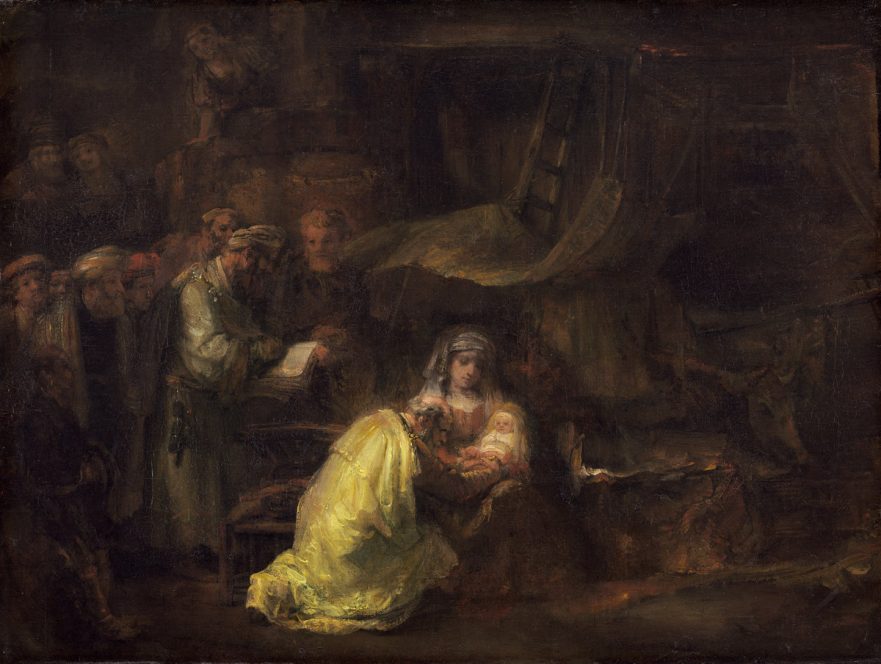The first of January, celebrated around the world as New Year’s Day, is also the eighth day of Christmas and, as such, the Feast of the Circumcision and Naming of Jesus. Of course, no one knows on what day of the year Jesus was actually born, but since it has become traditional to celebrate Jesus’ birth on the 25th of December, it follows that the first of January is the day on which Christians celebrate the circumcision and naming of Jesus.
Character Profile: Cornelius the Centurion
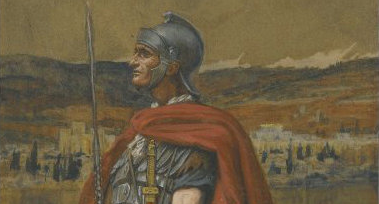
The baptism of Cornelius, a Roman centurion, provoked controversy among the Jewish followers of Jesus. In this video Marc Turnage examines the figure of Cornelius, his role in the Book of Acts, and his place in first-century Jewish society.
On “Blood” in the Apostolic Decree (Acts 15:19-20)
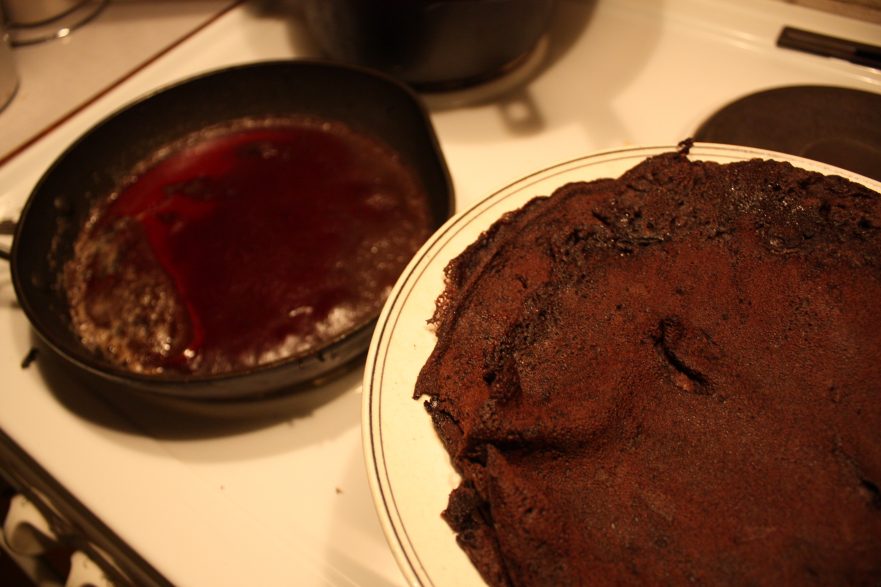
Flusser and Safrai’s premise is that “blood” in this passage does not refer to the consumption of blood but rather to murder. They conclude that the apostolic decision prohibiting eating meat sacrificed to idols, fornication, and blood is equal to the rabbinic decree that under penalty of death a Jew may violate any of the commandments of the Torah with the exception of idolatry, adultery and murder.
Unintentional Anti-Semitism in the Church
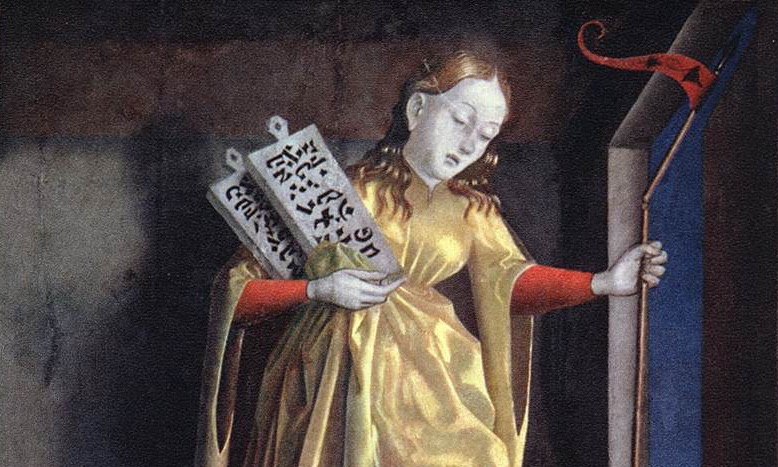
I heard an all too familiar theme surface in an otherwise good sermon with regard to the recognition and acceptance of Jesus as Messiah: “The Jews just missed it!” Sadly, this affront by categorization also shows a total lack of recognition of the role of Jews in the early church and in their making the message of salvation through Yeshua (Jesus) available to non-Jews. It is as if Yeshua appears on the scene, is rejected by the Jews, but is welcomed with open arms by the non-Jews.
The Apostolic Decree and the Noahide Commandments
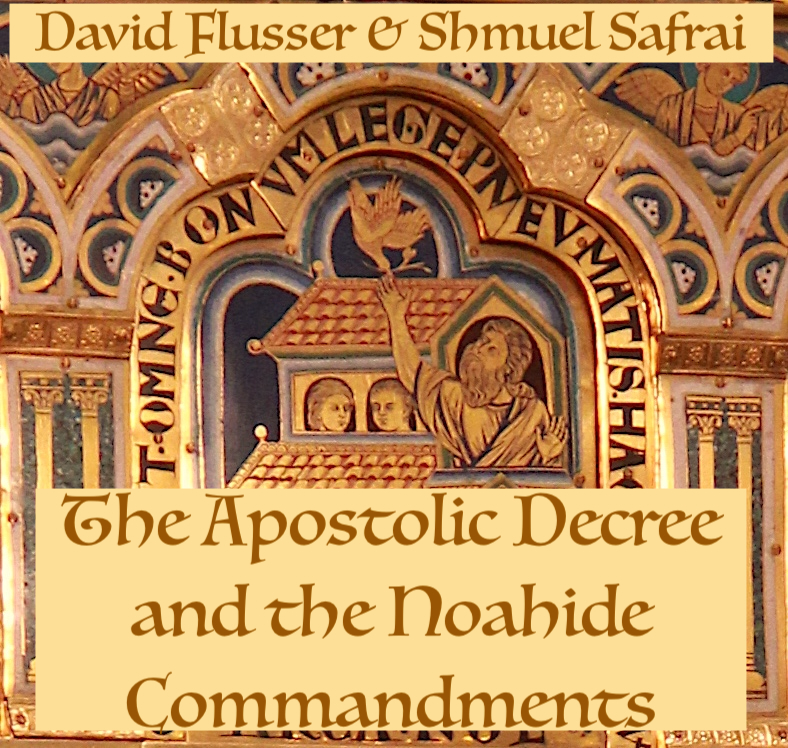
Jerusalem Perspective is pleased to make available to the English-speaking world this important article written originally in German by David Flusser and Shmuel Safrai: “Das Aposteldekret und die Noachitischen Gebote,” in Wer Tora mehrt, mehrt Leben: Festgabe fur Heinz Kremers (ed. E. Brocke and H.-J. Borkenings; Neukirchen-Vluyn, 1986), 173-192.
The Amidah Prayer
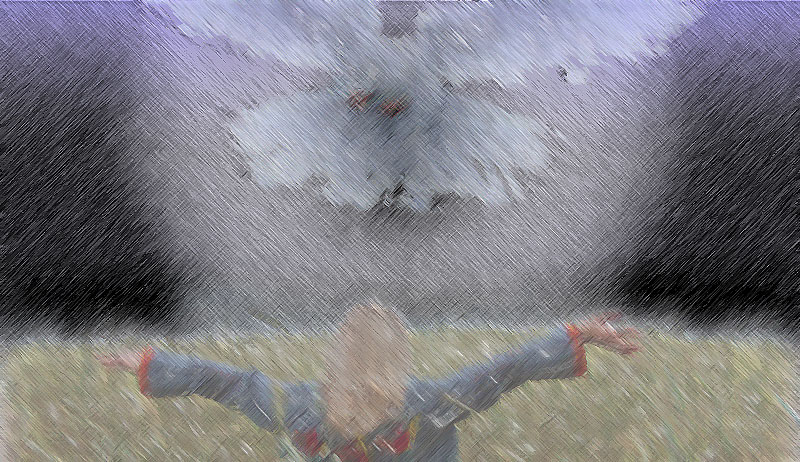
The Amidah is the essential part of the morning, afternoon and evening weekday services in the synagogue. Every Jew is religiously obligated to pray the Eighteen Benedictions daily.
The Synagogue the Centurion Built
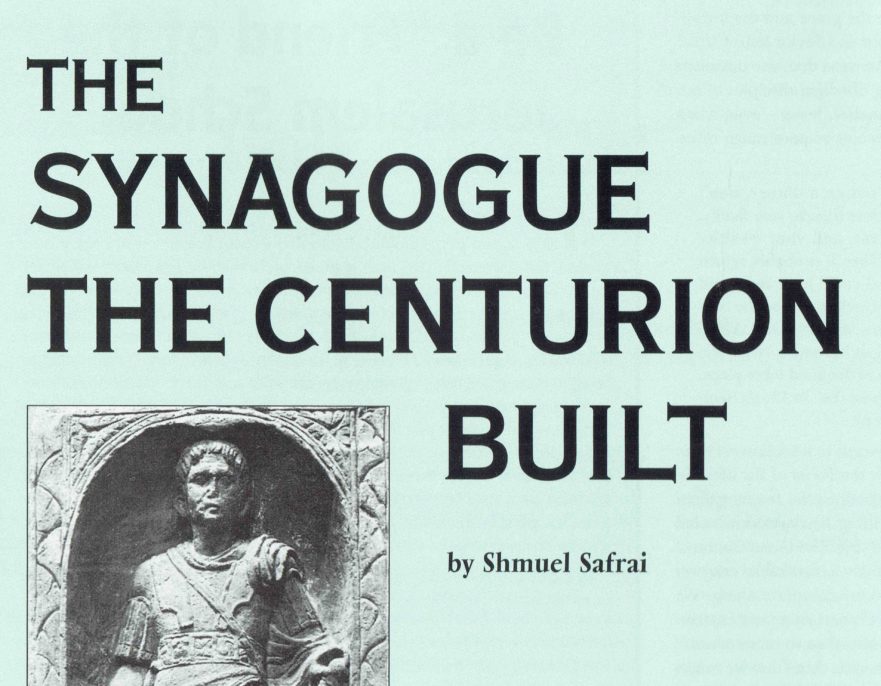
Would a Roman officer have had the means to finance the construction of a synagogue in the lakeshore town of Capernaum?
Were Women Segregated in the Ancient Synagogue?
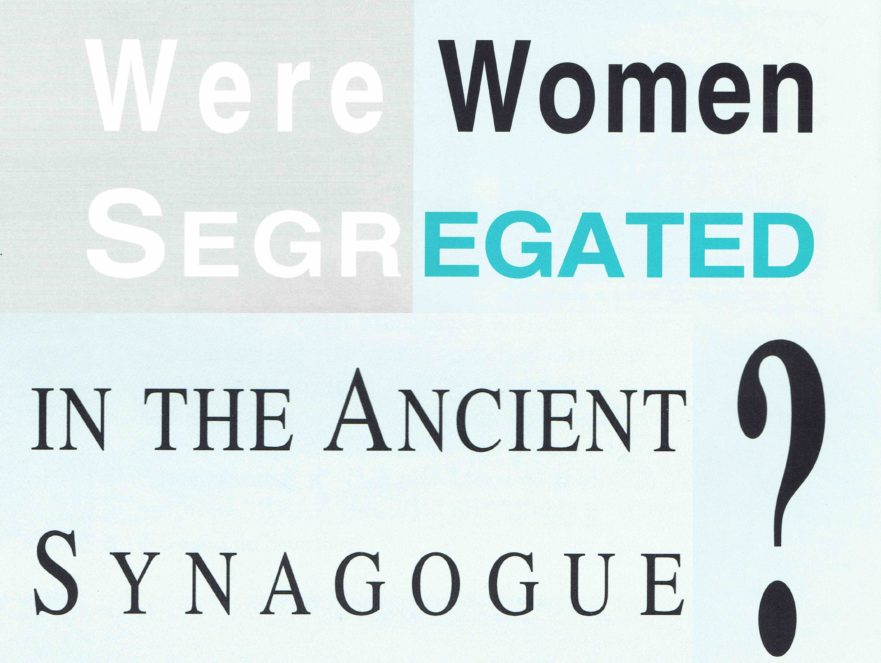
Did women play a passive role in the synagogue congregations of antiquity? Were they separated from male members of the congregation during prayer and study, as is the case today? According to Professor Shmuel Safrai, the answer to both questions is a resounding “No.”
“Binding” and “Loosing” in the Kingdom of Heaven

Jewish sages were called upon constantly by their community to interpret scriptural commands. They “bound,” or prohibited, certain activities, and “loosed,” or allowed, others.

